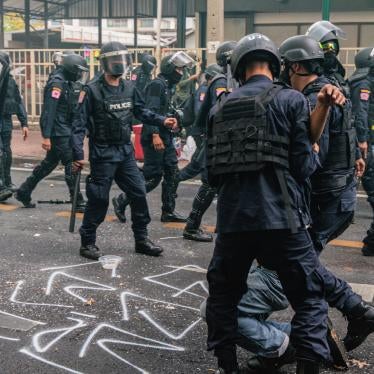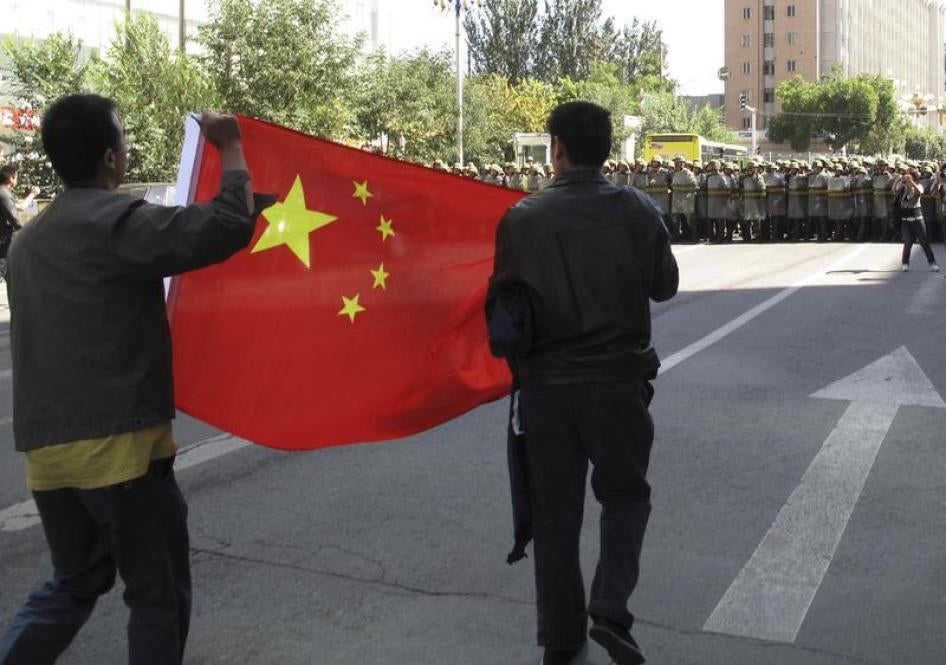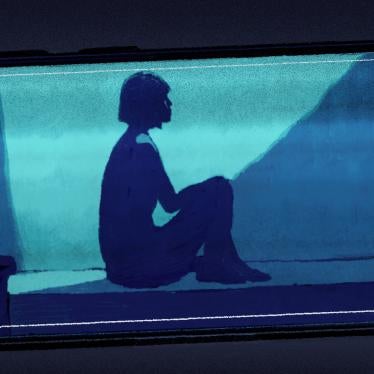Within hours of the February 14 knife attack in Pishan county, Xinjiang, China’s state media released identical reports: Three assailants attacked people in a residential district, killing five while injuring another five, and the assailants were killed by police officers who had swiftly arrived at the scene. Only the Jiangnan Metropolitan News defied a censorship order and kept open its online comment function on this story, providing a rare glimpse into netizens’ views of the attack.
|
Dispatches
Chinese Netizens Attack Minority Uyghur Muslims
How China’s Censorship Undermines its Own Goal
Your tax deductible gift can help stop human rights violations and save lives around the world.
Region / Country
Topic
Most Viewed
-
September 9, 2015
“Men With No Mercy”

-
August 15, 2024
Doctor’s Rape, Murder in India Sparks Protests

-
November 22, 2022
Thailand: Police Forcibly Disperse APEC Protesters

-
October 29, 2020
“I Sleep in My Own Deathbed”

-
August 29, 2024
South Korea’s Digital Sex Crime Deepfake Crisis





